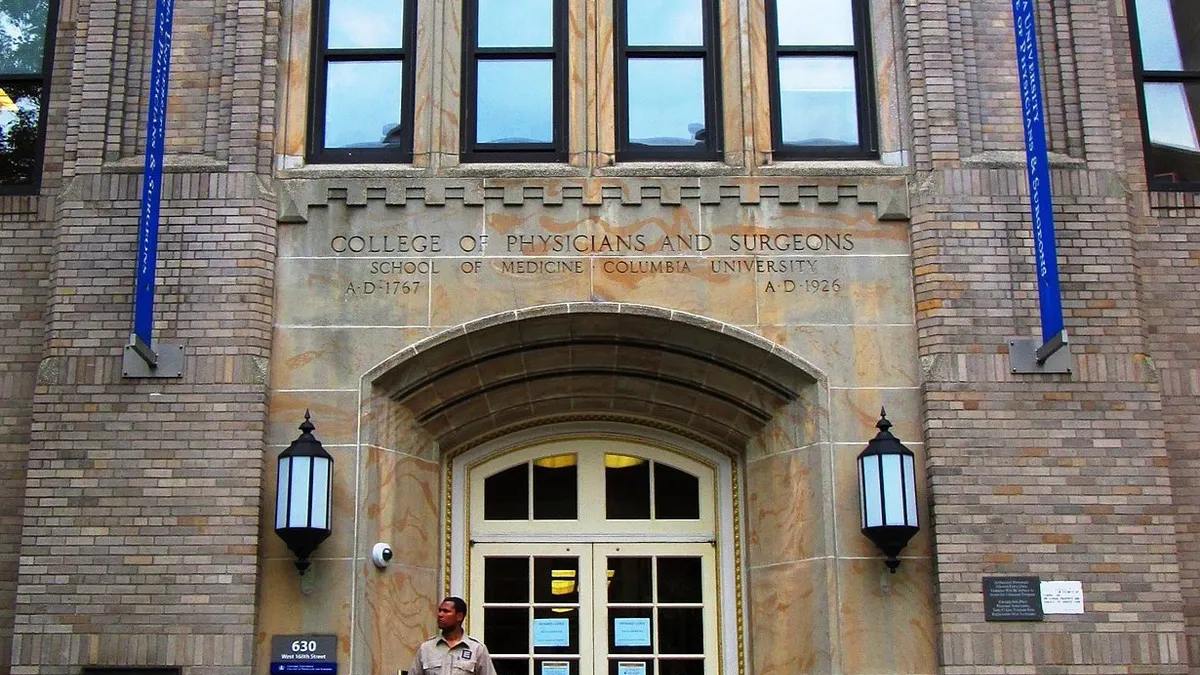Dive Brief:
- In a dramatic shift in faculty assessment, University of Southern California Provost Michael Quick announced that student evaluation of teaching (SETs) will no longer be an element of tenure and promotion review at the institution, Inside Higher Ed reported. Multiple studies suggest that student evaluation inherently favors white men over women and minority faculty members.
- USC said it will continue to use student assessment to help professors improve their instructional design, and to shape their teaching reflection statements that will remain a part of tenure review protocols.
- Student assessments will also be redesigned to gauge student engagement and personal responsibility taken within a course. According to Inside Higher Ed, students now will be asked about the number of hours they dedicated to course study, engagement with the professor outside of class time, and their approaches to learning course material in independent study.
Dive Insight:
It will be interesting to see if removing bias from instructor assessment generates significant outcomes in tenure and promotion for underrepresented faculty groups, but the action from USC's provost shows how far schools must go to eliminate bias across the entire campus enterprise.
A recent Stanford University study underscored implicit biases from instructors in online classrooms to students with names created to appear common for white male students, and that names commonly associated with other nations or ethnically attributable to African Americans received far less direct engagement from faculty members.
And then there's the lack of diversity among institutional leadership that is off the pace of the growth of diversity among the ranks of college students and graduates. In 2017, research showed that just 14% of college administrators self-report as racial minorities, while the number of minority college graduates in the last 15 years is nearly double that figure, and nearly tripled by the total minority population in the United States.
Colleges should be deliberate and data-driven when it comes to eliminating racial bias in operations and campus culture, but they must be transparent about challenges and outcomes even in the midst of studying ways to address them.









